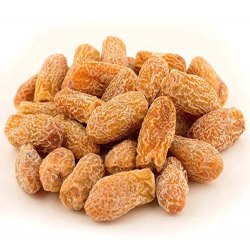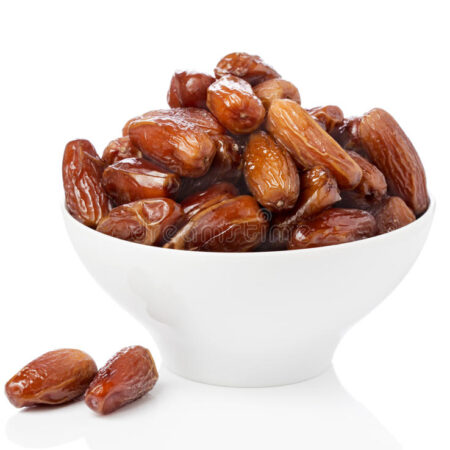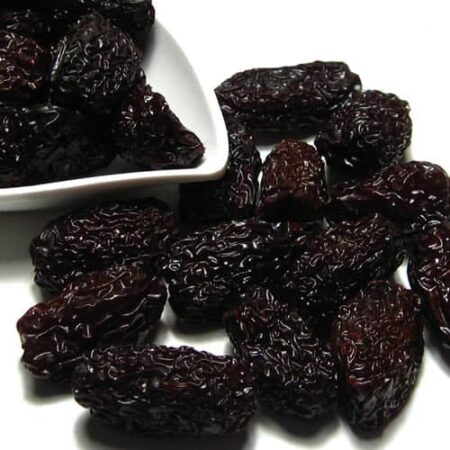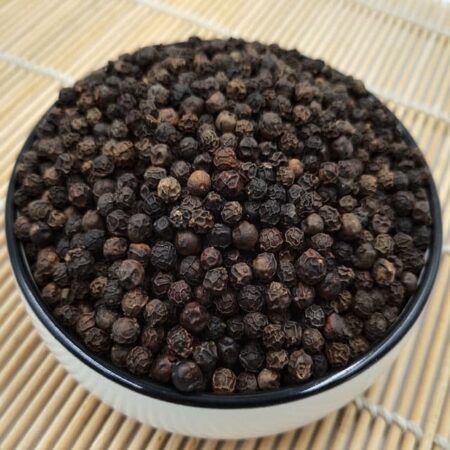Description
Dried dates are available in several varieties, with flavors and nutrients differing based on where and how they’re grown. Well-known types of dried dates include medjool, zahidi, and deglet noor. They can be found in grocery stores and health food shops all around the world.
In addition to being used as food for 6,000 years, dried dates have been used as a remedy for the following:
While modern science shows support for a few of these traditional medicine claims, further research is needed. Despite the need for more research, dried dates remain a delicious snack that most people can safely enjoy in moderation.
Nutrition Information
Two dried dates contain:
- Calories: 110
- Protein: 1 gram
- Fat: 0 grams
- Carbohydrates: 31 grams
- Fiber: 3 grams
- Sugar: 27 grams
Dried dates are a good source of:
Potential Health Benefits of Dried Dates
Dried dates are a great source of fiber and also include several important vitamins and minerals. However, these qualities can create complications for people with particular medical conditions.
Research reveals several promising health outcomes for those who eat dried dates on a regular basis:
Increased Energy
Dried dates are rich in iron. Iron deficiencies are common, and many people who lack iron in their diet often experience fatigue. The combination of high iron content and carbohydrates found in dried dates can provide a helpful boost of energy.
Potential Risks of Dried Dates
Dried dates may contain high levels of polyphenols (antioxidants), minerals, and fiber, but these qualities can also be problematic for some people.
An additional concern is the high levels of sulfites (chemicals found in some foods) that dried dates contain. Some people are sensitive to sulfites and may suffer a variety of side effects as a result.
It’s important to consult with your doctor before eating dried dates as a health supplement. Consider the following before snacking on dried dates:
Allergies
Some people may experience an allergic reaction to date fruits. Additionally, the sulfites in dried dates can lead to allergic reactions for some people. Symptoms can vary, with many people experiencing skin rashes. Some people may suffer eye sensitivity, with itchy, watery, or red eyes or a runny nose after eating them.
High Sugar Content
Dried dates have a high sugar content, especially in relation to the vitamins and minerals they provide. This is true of dates in all forms, but the process of drying further increases the sugar content.
If blood sugar is a concern, you should stick with eating fresh dates in moderation, as research suggests these have a limited impact on glucose levels.
High in Calories
Just two dried dates contain 110 calories. This makes them a great option for energy-dense trail mix, but less ideal for losing weight. If you are looking to shed pounds for health reasons, try other types of dried fruits that are rich in nutrients, but lower in calories than dried dates.









